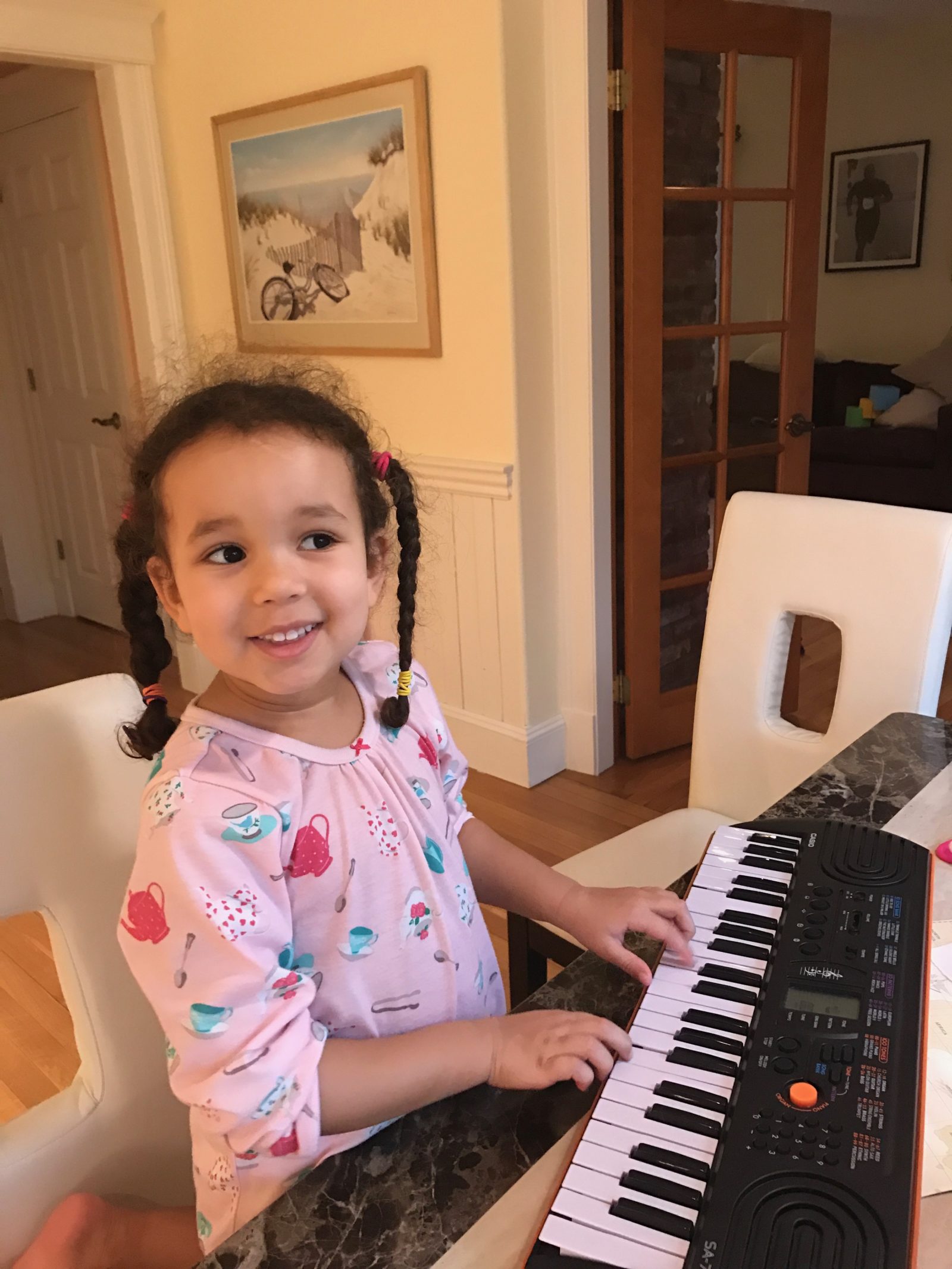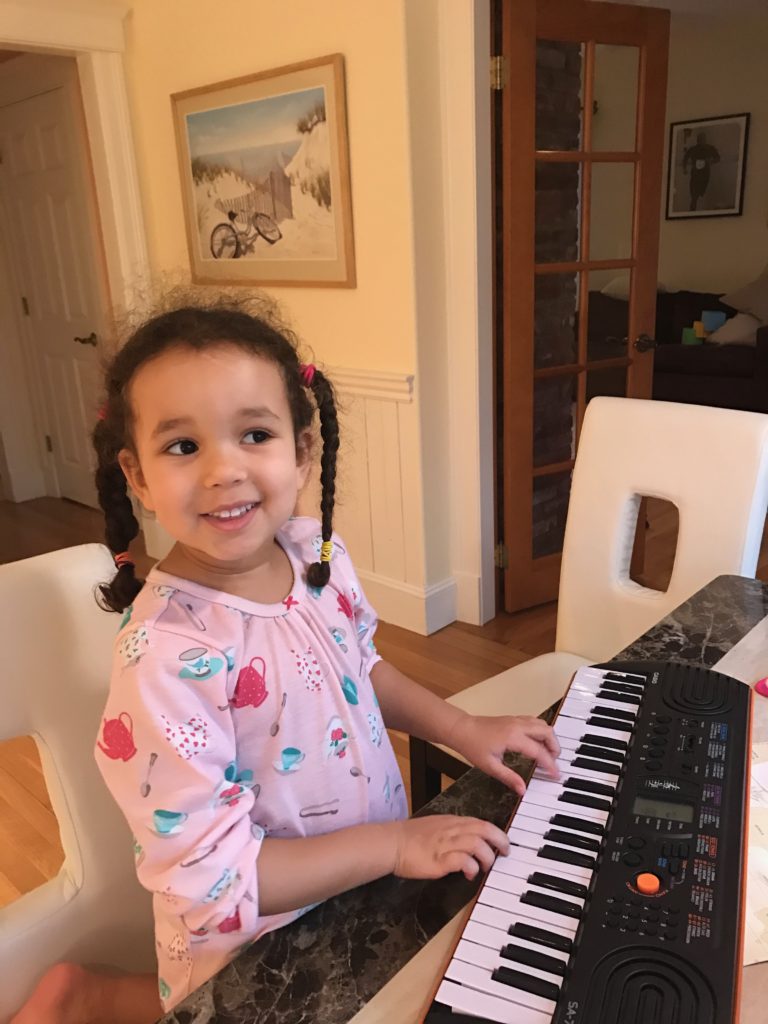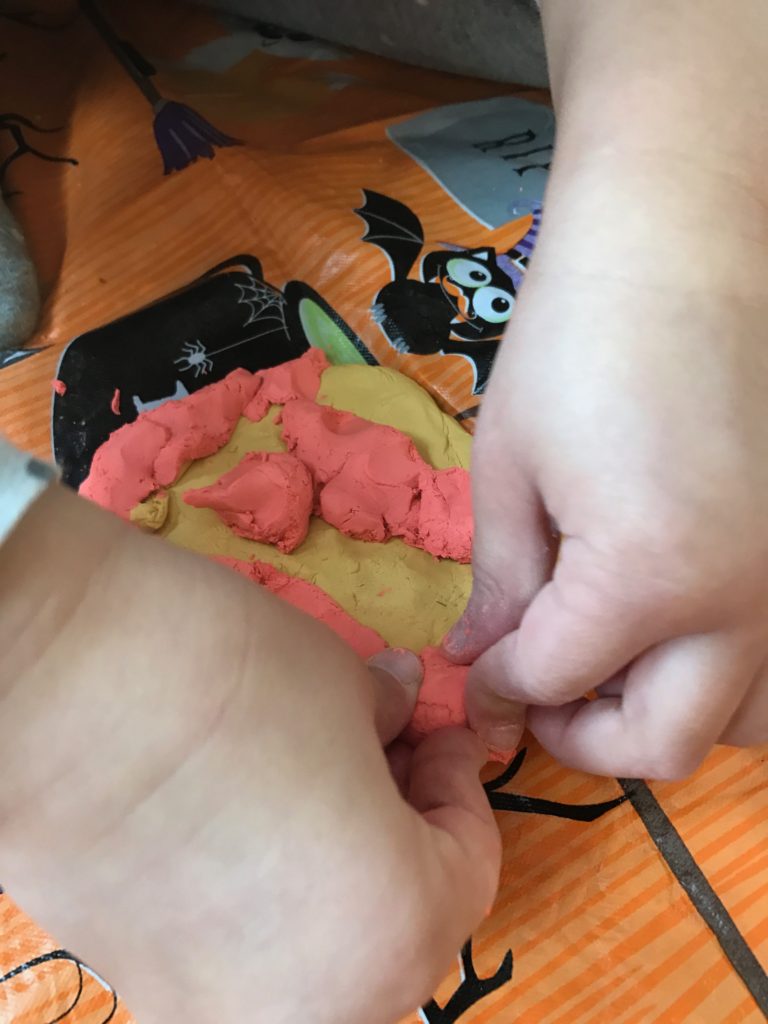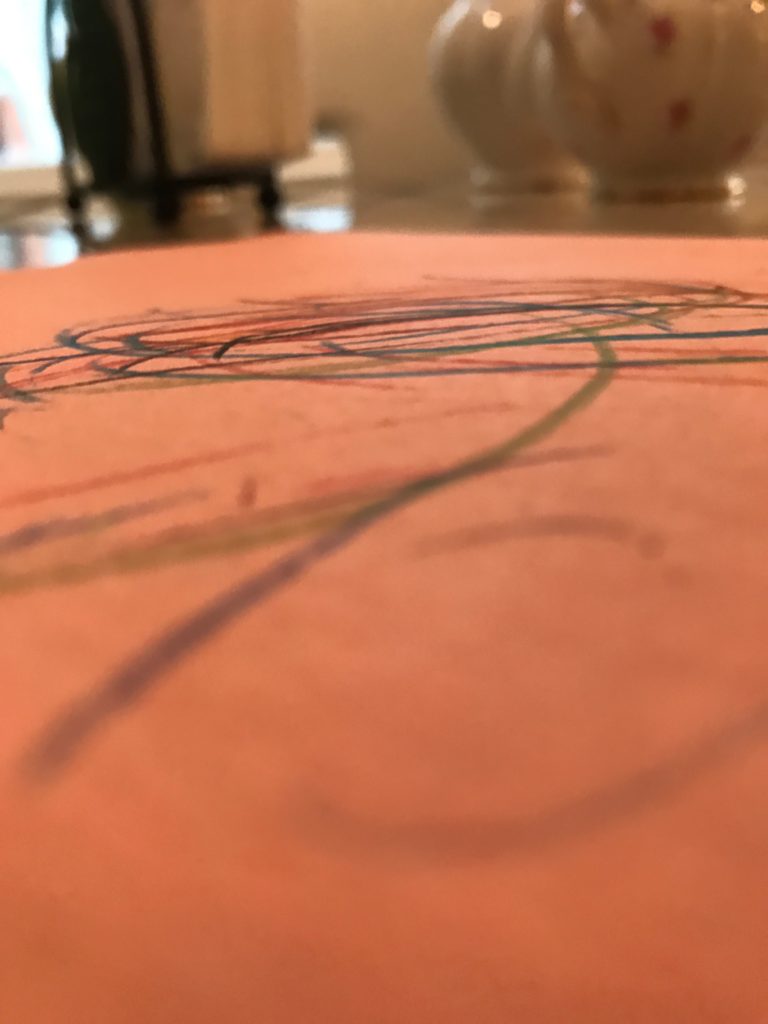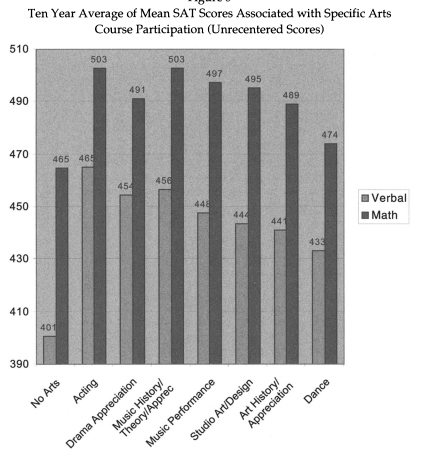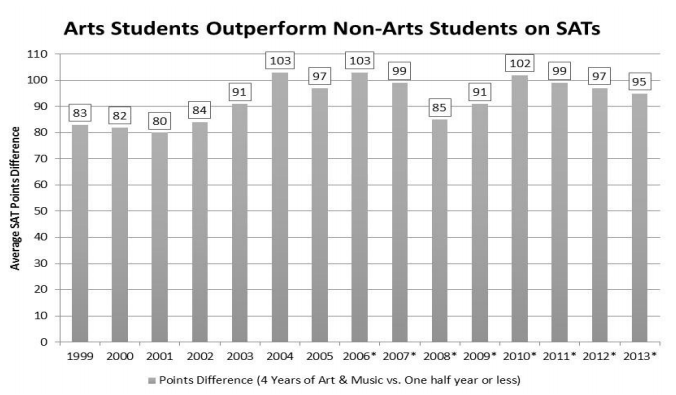I realize that as a subscriber to TeachableArt you are already on board with early arts education. In this post I am not going to belabor the obvious reasons for why it is important. Instead, I am going to highlight some evidence from a number of studies on the subject that empirically confirm our intuition. Please feel free to share articles and studies that you found interesting and inspiring!
There are many well-know benefits of early arts education including advanced development of motor, language and decision making/problem solving skills as well as strengthened self esteem, inventiveness/creativity and introduction to visual learning. What I found particularly interesting, was that many studies linked arts education to future social and academic success:
- Early music education has been linked to accelerated language development in children ages 2-9 and this verbal competence has been associated with social confidence.
- Music classes (piano or voice) at a young age have been linked to higher IQ later in life vs. peers without any musical instruction.
- Music education drives increased neural activity for young children vs. peers without musical training, which has shown to result (among other things) in stronger fine motor skills.
- Music education was also linked to improved spatial-temporal skills that help children visualize and solve multi step problems, which is certainly very helpful in math and sciences.
- Another study found a positive link between the quality of the music programs offered in elementary schools and standardized test scores. In fact students from very strong music programs scored 20+% higher in Math and English than their peers in low quality programs (regardless of socioeconomic factors).
- Early music education has been linked to many emotional and social developmental benefits:
- Singing to your child at least three times a week has been linked with strong and sophisticated social skills.
- Children assigned to an 8-week dance group showed improvements in social skill development and reduction in anxiety and aggression.
- Infant participants in a six-month active music group with dancing and signing showed better seminal regulation behaviors vs. peers in a passive group.
- Arts participation has been linked to higher SAT scores. One study showed that students who took four years of arts coursework outperformed their peers who had one half-year or less of arts coursework by 58 points on the verbal portion and 38 points on the math portion of the SAT (10% higher on verbal and math section combined).
- Interestingly, the highest scores were obtained by students taking acting/play production courses and music history/theory/appreciation.
- Young people who participate in the arts for at least three hours on three days each week through at least one full year were found to be:
- 4 times more likely to be recognized for academic achievement
- 3 times more likely to be elected to class office within their schools
- 4 times more likely to participate in a math and science fair
- 3 times more likely to win an award for school attendance
- 4 times more likely to win an award for writing an essay or poem
While I am sure that not all of the sited studies on this topic are perfectly designed, the trend in favor of early and continued arts education is very clear.
Please see the following papers and articles for more details:
- “Examination of Relationships between Participation in School Music Programs of Differing Quality and Standardized Test Results”, http://journals.sagepub.com/doi/pdf/10.1177/002242940605400403
- “The Benefits of Music Education”, http://www.pbs.org/parents/education/music-arts/the-benefits-of-music-education/
- “Music lessons may boost IQ and grades.” http://www.apa.org/monitor/jun06/iq.aspx
- “Music lessons enhance IQ” http://www.erin.utoronto.ca/~w3psygs/MusicLessons.pdf
- “Association between music education, intelligence, and spelling ability in elementary school” https://www.ncbi.nlm.nih.gov/pmc/articles/PMC3101523/
- “The Importance of Art in Child Development”, http://www.pbs.org/parents/education/music-arts/the-importance-of-art-in-child-development/
- “Living the Arts Through Language+Learning, a Report on Community Based Youth Organizations” http://www.americansforthearts.org/sites/default/files/pdf/get_involved/advocacy/research/2011/MonographNov1998.pdf
- “Scores of Students Who Study the Arts: What We Can and Cannot Conclude about the Association” Kathryn Vaughn and Ellen Winner (Fall 2000). https://www.gwern.net/docs/dnb/2000-vaughan.pdf
- “Art Facts: Arts and SAT Scores.” http://www.americansforthearts.org/sites/default/files/pdf/2014/by_program/research__studies_and_publications/one_pagers/16.%20SAT%20Scores%202013%20-%20Arts%20Ed.pdf
- “The Arts in Early Childhood: Social and Emotional Benefits of Arts Participation: A Literature Review and Gap-Analysis (2000-2015)”, https://www.arts.gov/sites/default/files/arts-in-early-childhood-dec2015-rev.pdf
